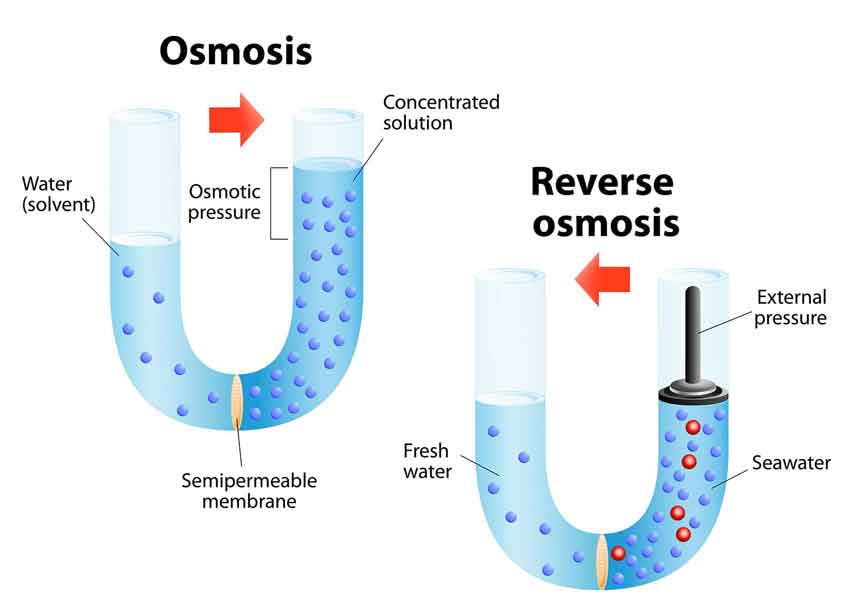Global Water Hardness Trends: What’s Happening Worldwide

Water is essential for life, but not all water is created equal. One crucial aspect of water quality that often goes unnoticed is its hardness. In this article, we’ll dive deep into global water hardness trends, exploring what it means, its impact, and how different regions around the world are affected.
Understanding Water Hardness
Water hardness refers to the concentration of minerals, primarily calcium and magnesium ions, in water. It is measured in parts per million (ppm) or milligrams per liter (mg/L). The higher the concentration of these minerals, the harder the water.
The Impact of Water Hardness
Water hardness can have various effects, both on our daily lives and on a larger scale.
- Scale Buildup: Hard water can lead to the accumulation of mineral deposits in pipes and appliances, reducing their efficiency and lifespan.
- Soap and Detergent Performance: Hard water reduces the lathering ability of soaps and detergents, leading to increased usage and potential skin irritation.
- Health Considerations: Some studies suggest that hard water might be linked to certain health issues, although more research is needed.
Factors Affecting Water Hardness
Several factors influence the hardness of water in a particular area:
- Geology: The mineral content in groundwater depends on the geological characteristics of the region.
- Water Source: Surface water from rivers and lakes tends to be softer than groundwater.
- Human Activity: Industrial processes and water treatment can alter water hardness.
- Climate: Regions with high rainfall often have softer water due to dilution.
Global Water Hardness Trends
Let’s take a closer look at water hardness trends in different parts of the world.
North America
In North America, water hardness varies widely. The eastern United States generally has harder water due to the presence of limestone, while the western states often have softer water. Canada exhibits similar patterns, with harder water in the east and softer water in the west.
Europe
Europe’s water hardness trends are also diverse. Southern European countries like Spain and Greece tend to have harder water, while northern countries like Sweden and Norway have softer water. Central Europe falls somewhere in between.
Asia
Asia experiences a range of water hardness levels. Countries like Japan and South Korea often have soft water, whereas parts of India and China may have harder water due to geological factors.
Africa
Africa’s water hardness trends are closely linked to geological formations. Northern and eastern regions typically have harder water, while central and southern areas often have softer water.
Oceania
Australia and New Zealand have relatively soft water overall. However, variations can occur within these countries based on local geology.
South America
South America’s water hardness varies significantly. Andes mountain regions may have harder water, while coastal areas tend to have softer water.
Implications for Health
While the health implications of hard water are debated, it’s essential to consider potential risks and benefits. Some argue that the minerals in hard water are beneficial, while others raise concerns about its impact on appliances and skin.
How to Measure Water Hardness
Testing your water’s hardness is easy. Home test kits are available, or you can request a water quality report from your local utility. The results will help you understand your water’s mineral content.
Mitigating Water Hardness
If you find that your water is too hard for your liking, several solutions are available. Water softeners, which use ion exchange to remove minerals, are a common choice. However, it’s essential to consider the environmental impact of such systems.
Conclusion
Global water hardness trends reveal a complex and fascinating picture of how geology, climate, and human activity shape the quality of the water we use every day. Whether you’re dealing with hard or soft water, understanding its composition can help you make informed choices about water treatment and usage.
FAQs
1. Is hard water bad for your health? Some studies suggest a potential link between hard water and certain health issues, but the evidence is inconclusive. It’s best to consult with a healthcare professional if you have concerns.
2. Can water hardness damage my appliances? Yes, hard water can lead to scale buildup in pipes and appliances, reducing their efficiency and lifespan.
3. What’s the ideal water hardness level for drinking water? There’s no universally ideal level. Drinking water should be safe and free of contaminants, but the preference for hardness may vary among individuals.
4. How can I soften my water at home? Water softeners, reverse osmosis systems, and distillation are common methods to soften water at home. Consult a professional to determine the best solution for your situation.
5. Does boiling water remove hardness? Boiling water can’t remove hardness. It may even concentrate the minerals, making the water harder when it cools.












